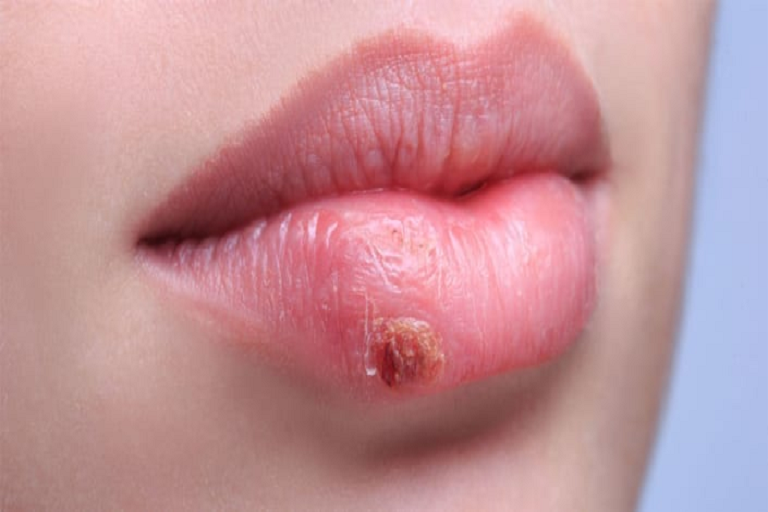Treatment and Prevention of Cold Sores
Also called herpes simplex labialis or fever blisters, cold sores are tiny, painful, fluid-filled blisters that form around the mouth. The blisters are caused by a viral infection, for which there is no cure. Once infected, you may experience periodic outbreaks of symptoms for the rest of your life.
However, the prospect is not entirely bleak. There may be weeks or months of asymptomatic time between outbreaks. There are treatments available to help you manage symptoms. If you do not already have an infection, it may be possible to prevent it.
Treatment of Cold Sores
Cold sores begin with a sensation of burning, itching, or tingling in or around your mouth. Painful, swollen, red blisters emerge within about 12 to 24 hours. For the next two or three days, fluid drains out of the ruptured blister before a scab forms. Cold sores heal within about a week to a week and a half. You can control the pain with cream anesthetics to numb the discomfort, cold compresses, over-the-counter pain relievers. You can also use medicated lip balm, but be careful not to share it with other people or they could become infected with the virus and develop cold sores themselves.
While there is no cure for cold sores, taking antiviral medication may speed healing and shorten the length of each outbreak. Drugs used to treat cold sores may be administered intravenously, orally, or topically with a cream. Most require a prescription to receive, and intravenous treatments are only given if your symptoms are severe. Keep in mind that these medications only treat the symptoms of cold sores, not the underlying infection. A doctor may recommend that you take antiviral medication every day if your flare-ups are frequent. Otherwise, they are most effective if you take them at the first sign of symptoms.
Prevention of Cold Sores
Once you have the virus, it is difficult to predict when you will have outbreaks of cold sores, let alone prevent them. While they can happen without warning, in many patients they are triggered by certain events. For example, the reason they are called cold sores or fever blisters is that they tend to flare up following an upper respiratory infection. Fighting off a URI takes a lot out of your immune system, which is then unable to keep the cold sore virus at bay. Stress, fatigue, menstruation, allergies can all weaken your immune response and allow cold sores to flare up. Once you figure out what your triggers are, it may be possible to avoid them to prevent an outbreak.
If you do not already have cold sores, you may be able to prevent infection with the virus by avoiding contact with people who are symptomatic. Try to avoid close personal contact, e.g., kissing, with someone who has visible symptoms. You should also refrain from using any personal hygiene items, cosmetics, or eating utensils belonging to anyone else. This is important even if the other person is not showing any symptoms. The virus that causes cold sores is contagious even before the blister forms.
If you have a cold sore, you should avoid touching it as much as possible and wash your hands often. Fluid from the blisters contains the virus, and if you get it on your hand, you could not only spread it to other people but potentially to other parts of your body as well. You should avoid lending any personal items or eating utensils while you are symptomatic to avoid spreading the virus to others.
When you first start experiencing symptoms of a cold sore, you should see your doctor for a prescription of antiviral medication as soon as possible. The earlier in a flare-up you start taking them, the more effective they are at healing the cold sore. If you already have an active prescription, you can take it as instructed once you’re symptomatic.
Infection with the virus that causes cold sores is very common. An estimated 90% of people in the world have it in one form or another.


































